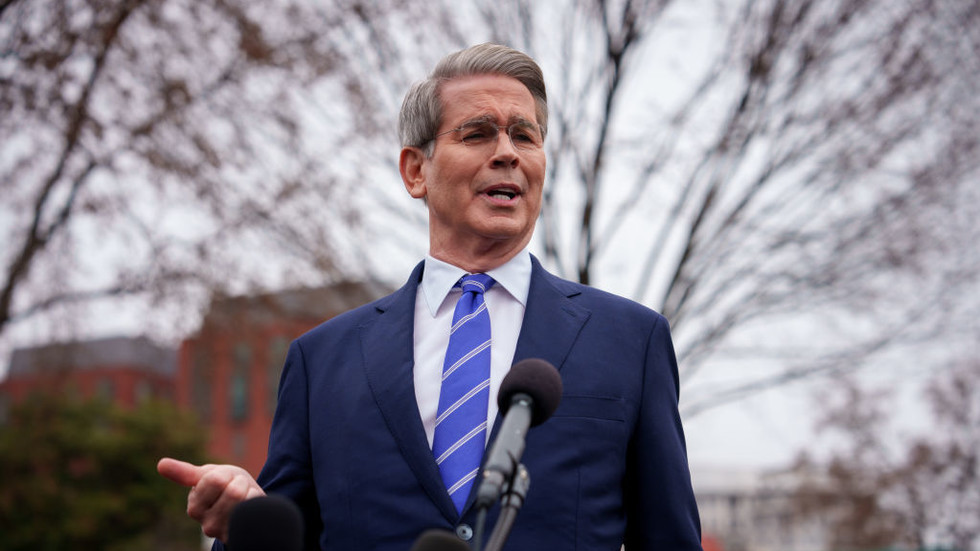Market players betting “wildly” on the technology are risking a correction, Vanguard’s chief economist has said
Investor enthusiasm for AI equities in the US stock market has overestimated the near-term potential of the technology, risking a “correction” in share prices, American asset management giant Vanguard has warned, according to the Financial Times.
AI-related stocks have become key drivers behind the rise of the US stock market, with the S&P 500 index soaring by 27% this year. About one fifth of the increase comes from the contribution of Nvidia, a core chip supplier for AI, which saw its stock price rocket by nearly 180% year to date in 2024.
Vanguard chief economist Joe Davis, however, believes investors are overplaying the short-term impact of the technology, even if AI shows similar “revolutionary” effects to the emergence of the personal computer in the 1980s, the outlet wrote on Tuesday. He claimed that in the US technology and communication services sectors, share prices are “inexplicably high” relative to expected rates of corporate profit growth.
“We see roughly 60% to 65% odds that AI is more impactful than the personal computer. The US stock market today is pricing roughly a 90% probability,” said Davis.
He compared the current economic situation to that of the 1990s, when a PC boom led to a massive surge in equities prices, resulting in the telecom-driven meltdown in 2000.
“From an economic perspective we’re roughly in the year 1992 but from the market valuation perspective, I can make the argument that we’re in 1997,” he added, implying that there could be a bubble risk in the current market.
According to Davis, who leads the world’s second-largest asset management group, investors “grow euphoric early on” then suffer disappointment when the new technology’s potential is not quickly realized. Although AI could bring transformative effects in the coming years, earnings growth expectations for the next three to five years are “wildly” optimistic, he said.
Davis also warned that companies most closely related to the AI investment boom may not become the ultimate profit-makers. The real beneficiaries are entities that actually apply the technology such as hospitals, utilities, and financial companies, he argued.

 3 months ago
25
3 months ago
25







 We deliver critical software at unparalleled value and speed to help your business thrive
We deliver critical software at unparalleled value and speed to help your business thrive






 English (US) ·
English (US) ·